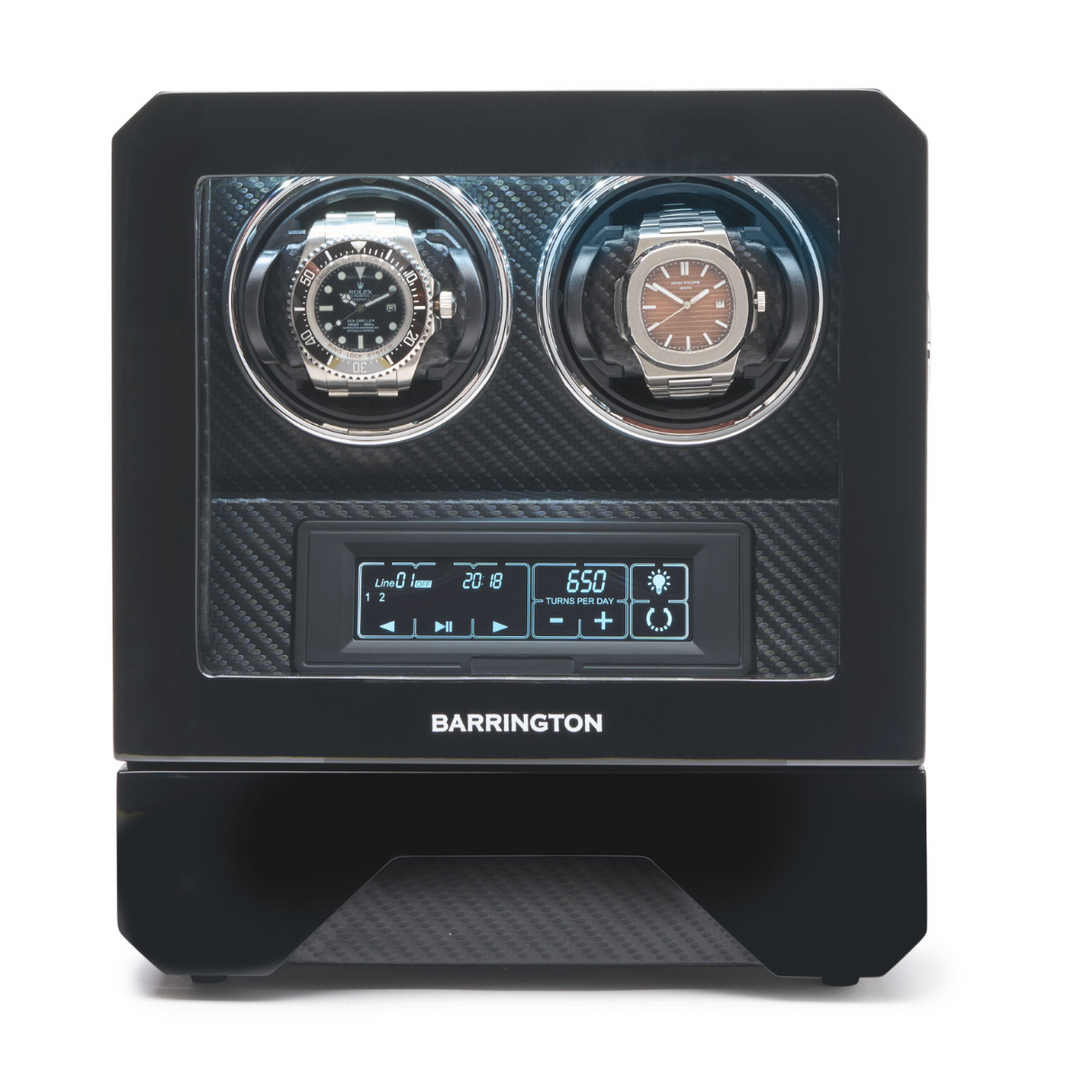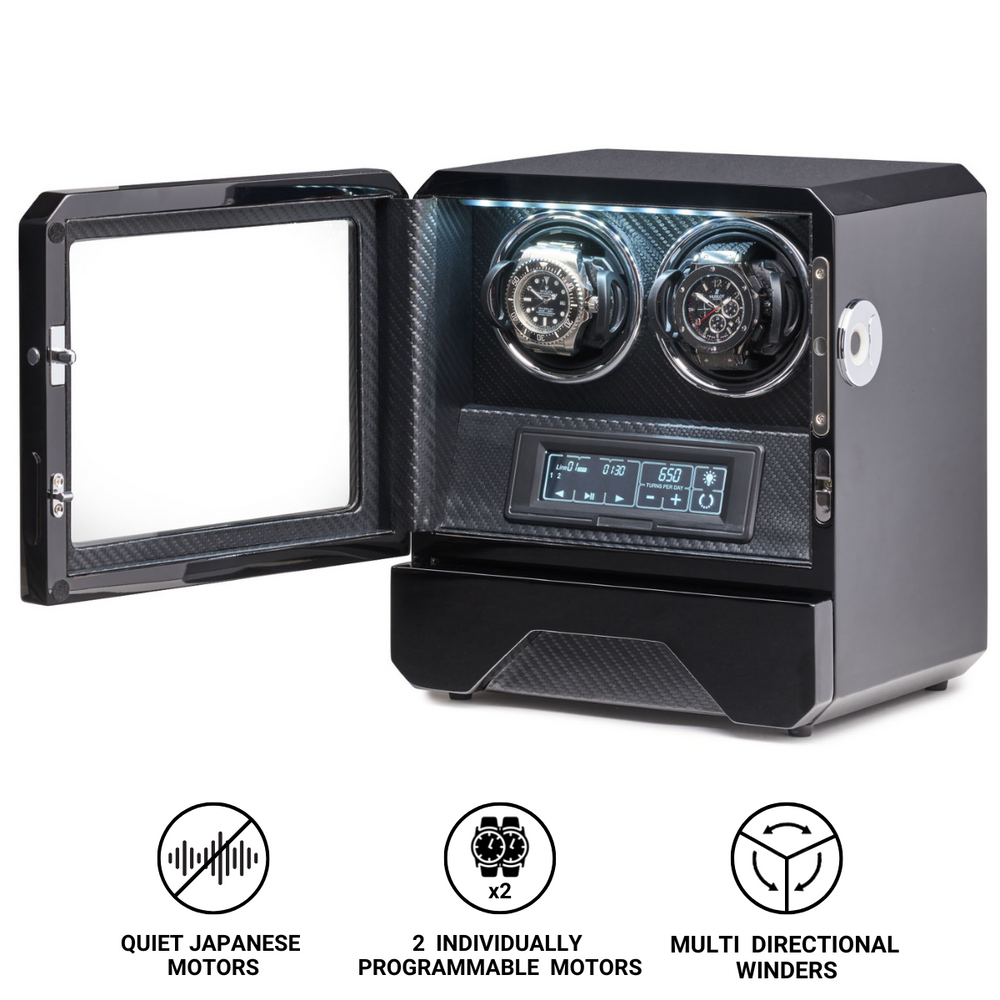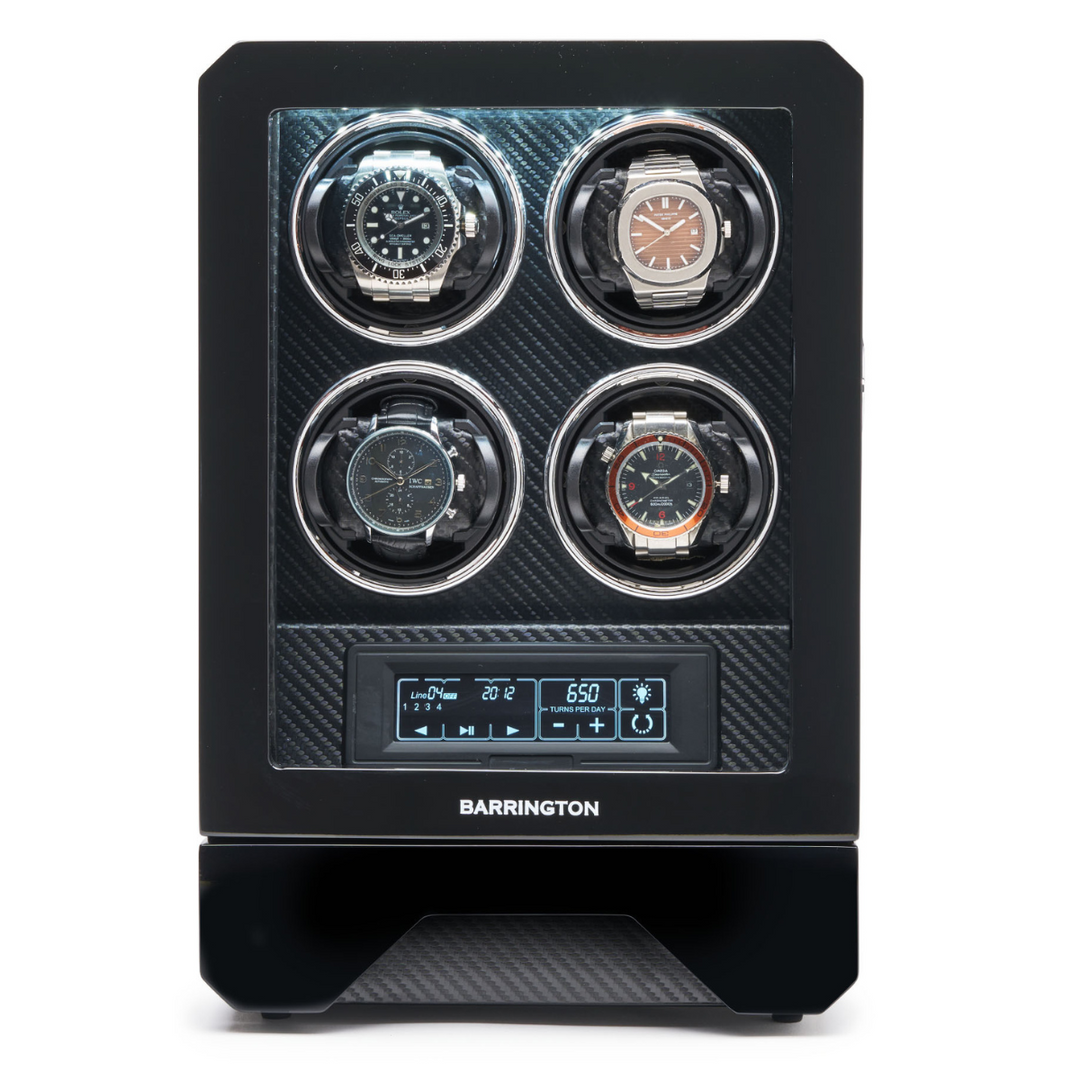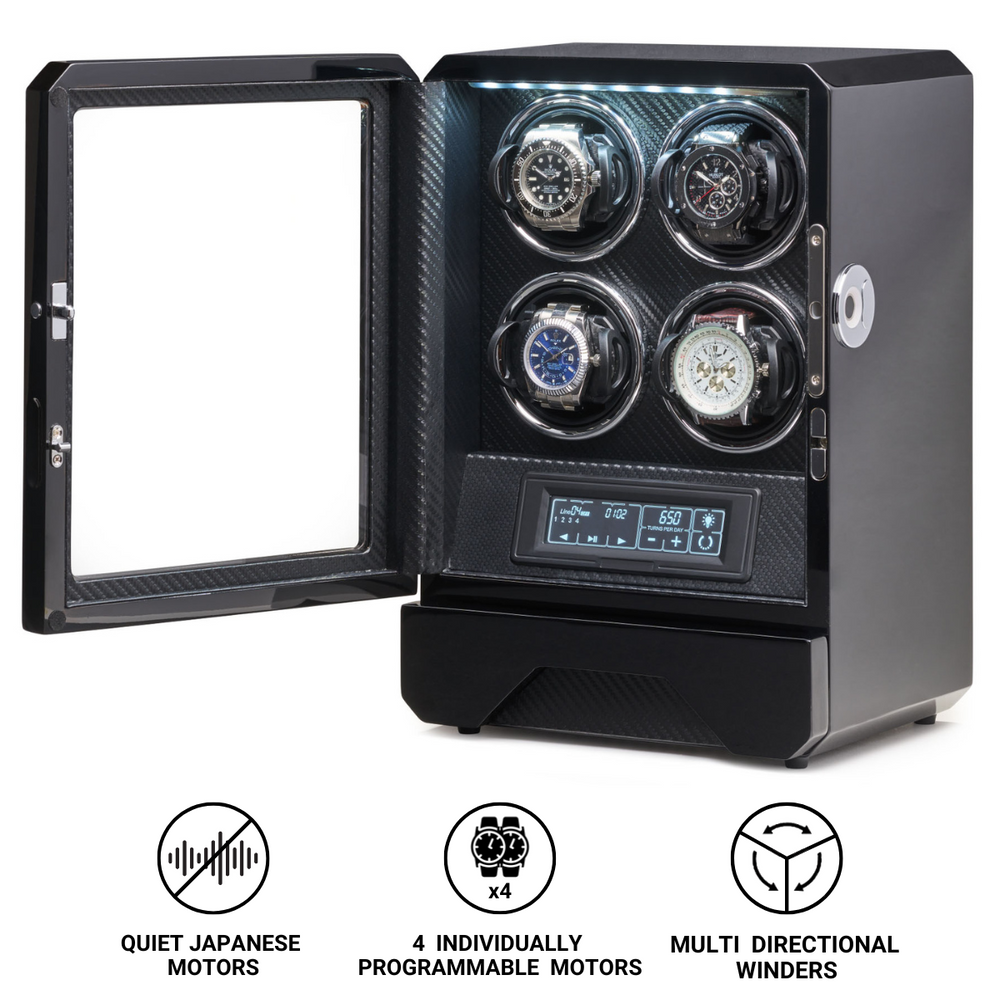Alexis Fruhauff: A Young Laureate Championing the Revival of Clockmaking
In an industry largely dominated by wristwatches, Alexis Fruhauff represents a deliberate and thoughtful divergence. At just 29, the Paris-based horologist has already secured his place among the most promising young names in contemporary mechanical craft. His recent recognition as the winner of the 2025 F.P.Journe Young Talent Competition marks a significant milestone, not only in his personal journey but in the broader conversation about the future of French clockmaking.
A Prestigious Platform for Innovation
Established in 2015 by François-Paul Journe with the support of The Hour Glass, the Young Talent Competition remains one of the few awards explicitly designed to spotlight emerging watchmakers aged between 18 and 30. The selection process is rigorous, overseen by a panel of respected figures in the field, including Philippe Dufour, Andreas Strehler, and Giulio Papi.
Fruhauff was awarded the prize for his Pendule à Seconde, a table clock of notable architectural presence and mechanical integrity. The piece features a pivoted detent escapement with a lost beat and an adjustable pendulum, designed and manufactured over the course of three years. Beyond its technical sophistication, the clock reflects a deep appreciation for the legacy of French horology, drawing aesthetic inspiration from 18th-century materials and design. The use of solid cherrywood and references to historic figures such as Antide Janvier and Paul Garnier reinforce this connection.
A Return to Haute Pendulerie
Fruhauff’s focus on clocks, rather than wristwatches, speaks to a revivalist instinct. France once stood at the forefront of high-end clockmaking, a tradition prominently displayed in national estates such as Versailles and Fontainebleau. While modern haute horlogerie continues to flourish in Switzerland, the classical French discipline of Haute Pendulerie Traditionnelle has seen limited contemporary exploration. Fruhauff’s approach embraces this heritage while introducing a contemporary perspective shaped by independent practice.
His work on the Pendule à Seconde extended beyond movement development. The young horologist also produced his own tools and adopted a fully self-sufficient model of manufacture, an approach increasingly rare in modern watch and clock production.
An Ambitious Collaborative Venture
Later this year, Fruhauff will open a new atelier in central Paris, a shared space with fellow independent watchmaker Théo Auffret and the contemporary design studio SpaceOne. Located at 10 Place des Victoires, a site of architectural and historical significance between the 1st and 2nd arrondissements, the workshop spans two upper floors and accommodates each partner’s operations with clarity and independence.
Fruhauff’s clockmaking studio will occupy part of the third floor, alongside SpaceOne’s workspace. Auffret Paris will operate from the fourth floor, which also serves as a client-facing salon. The ground level will house a dedicated SpaceOne showroom. This arrangement allows all three entities to maintain independent client engagements while benefiting from shared infrastructure and collaborative synergy.
The move comes at a time of growing interest in French independent horology. According to industry sources, Théo Auffret may soon acquire the historic French brand Lépine, a development that, if confirmed, would underscore the renewed momentum behind traditional French horological craft and add cultural significance to the new atelier.
Looking Ahead: A Measured Renaissance
While the clock market remains considerably smaller and more niche than its wristwatch counterpart, there is increasing curiosity among collectors seeking alternatives to mainstream mechanical watches. The recent success of high-end clocks by brands such as L’Epée and MB&F suggests that demand exists for artisanal objects that combine mechanical ingenuity with interior design appeal.
Fruhauff’s vision for clocks as generational artefacts, designed to animate and complement domestic spaces, aligns with this trend. His commitment to craftsmanship, historical continuity, and independent creation makes him a compelling figure in the evolving landscape of European horology.
As he prepares to open his Paris atelier and embarks on new projects, including further development of unique timekeepers, Alexis Fruhauff stands not merely as an emerging talent, but as a representative of a potential renaissance in French clockmaking. His trajectory will be closely followed by those who believe that timekeeping, in its most traditional form, still has a place in the future.














